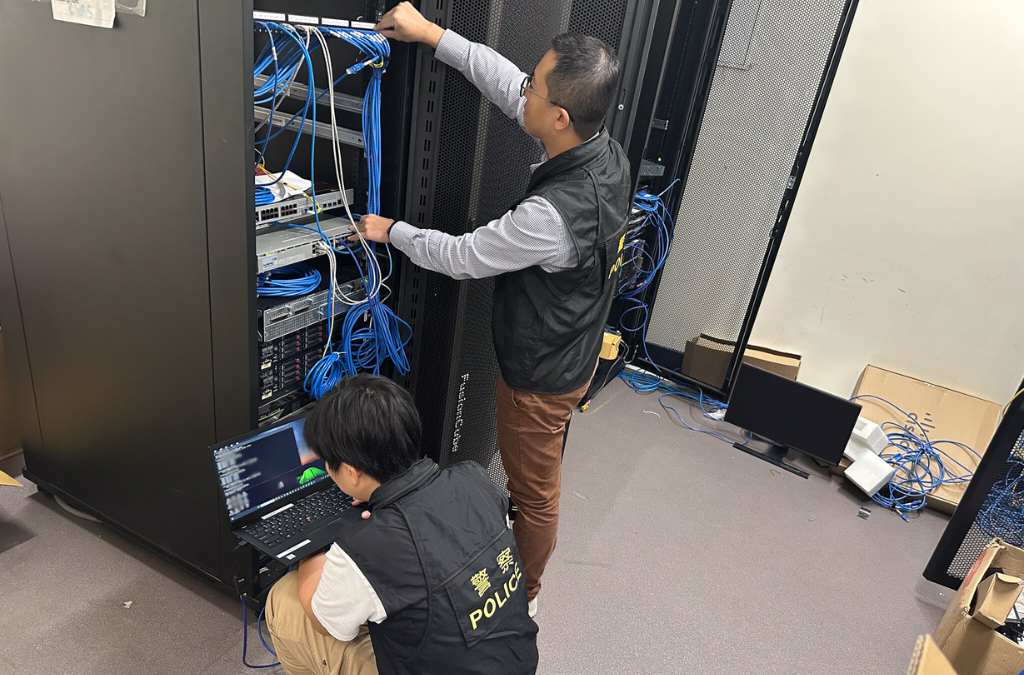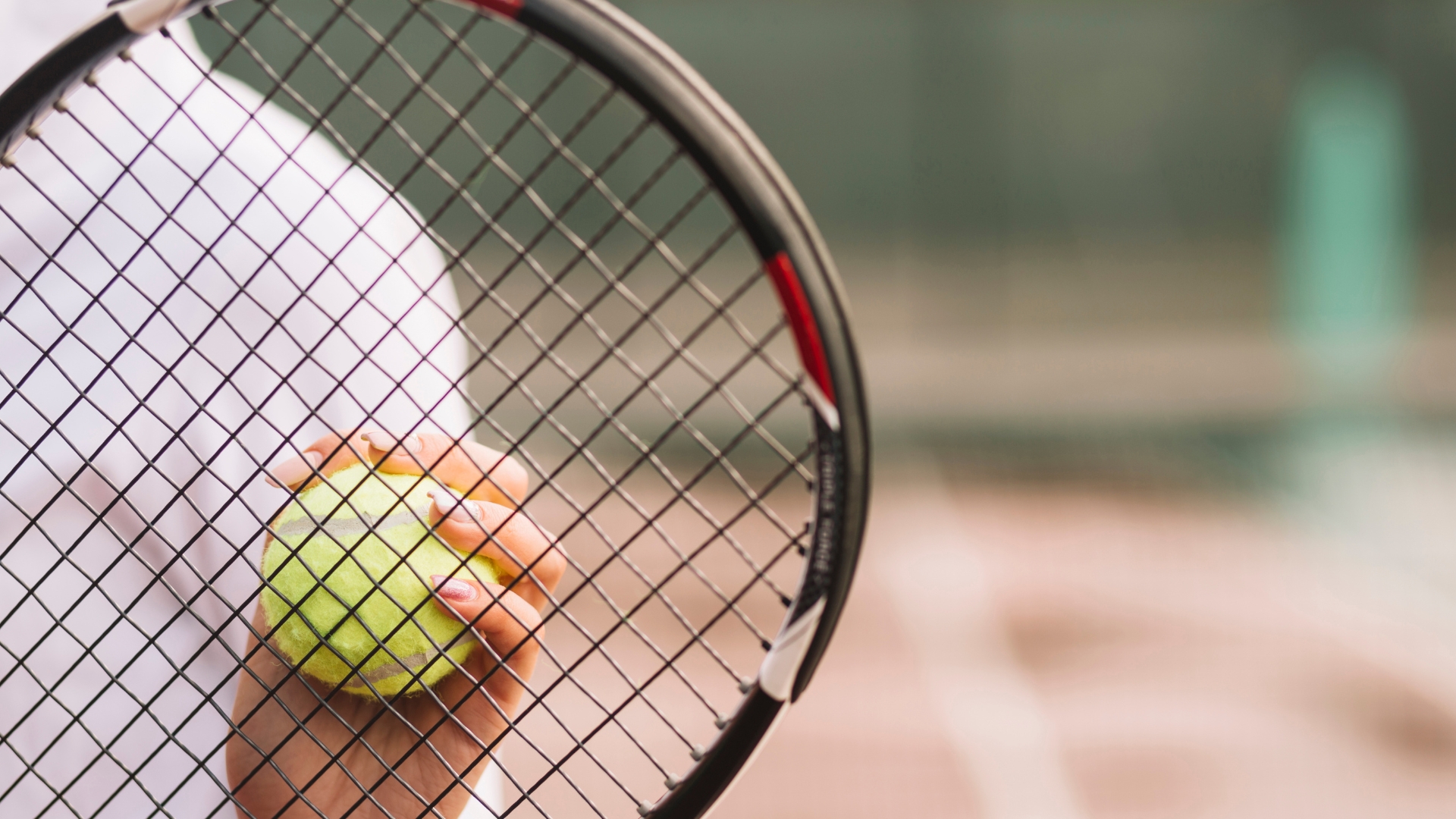LONDON, UNITED KINGDOM: Young Briton Emma Raducanu reached the quarterfinals at the Queen’s Club Championship and became the only British player left in the running for the title. She defeated Rebecca Sramkova with a final scoreline of 6-4, 6-1.
Raducanu will now play against the Paris Olympic champion, Zheng Qinwen. Regardless of the mishaps that she encountered during the match, Raducanu expressed: “I don’t think it was my cleanest performance, but I’m really happy to have pushed through in some tight moments that decided the first set.”
Raducanu also admitted that the support of the fans truly inspired her to win the game. She remarked: “It was really helpful to have a big roar of support to get me through that last service game. So I appreciate that.”
Highlights of the match
Emma Raducanu started the match with a 5-0 lead, and she looked comfortable playing on the grass court. Sramkova then bounced back, saving two set points and winning four games in a row. The British regained their control and went on to win the first set with a score of 6-4.
In the second set, Raducanu remained confident and had a 4-0 lead after breaking her opponent’s serve twice. Eventually, Raducanu won the match by converting a sixth break point with a final scoreline of 6-4, 6-1.
The match lasted an hour and 17 minutes, and Raducanu was the only British player left after Katie Boulter and Heather Watson’s exit.
Furthermore, Zheng Qinwen defeated McCartney Kessler to reach her first quarterfinals on a grass court, with a final scoreline of 6-3, 4-6, 7-5. With her win, she admitted: “I always believed I could play good on grass… Somehow, I never played well the past few years. I wish this year can be different, because I’m working hard on it.”
In a social media post made by WTA, it shared Raducanu’s journey so far in the competition with a caption: “Soaring in London 🇬🇧.”
Netizens commented on the post to express their support: “hometown glory❤️,” “She’s the best ❤️,” “Emma is doing so well at the WTA, hopefully she can focus on winning more matches 🙌 (translated),” and “Woo hooo!!!! Go Emma! 🙌❤️ 🥳.”
Other tournament updates
Elena Rybakina demonstrated the strength of her serve by hitting nine aces and defeating Briton Heather Watson with a final scoreline of 6-4, 6-2. Furthermore, Rybakina became the first woman this season to serve a total of 200 aces.
With this, Rybakina expressed: “It was a tough match, she played really well. I am pretty happy with my game, especially in the second set… Hopefully, with every match, it will be better and better. I am enjoying my time here.”











